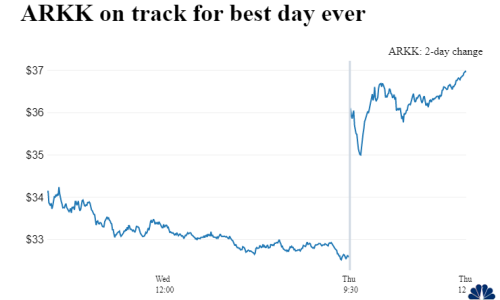
Police in Poznań have arrested 13 people and seized hundreds of thousands of counterfeit medicinal products and drugs in a joint operation last week with law enforcement officers from France and Italy, co-ordinated by the European Anti-Fraud Office (OLAF). The people arrested were Polish and French nationals.
The products seized covered a wide range of pharmaceutical products, from oncological and psychotropic drugs to anabolic steroids and so-called potency products. The police also found 15kg of active substances, as well as other semi-finished products for the production of medicines, worth a total value of at least 25 million zloty (€5.6m).
The operation was carried out by the international Police Central Bureau of Investigations (CBŚP) in Poland. Officers worked for several months to identify the members of the organised crime group behind the racket and how they operated. OLAF acted as the coordination hub between the officers in Poland, the French Gendarmerie (OCLAESP), the Italian Carabinieri and Agenzia delle Dogane e dei Monopoli, the Italian customs service.
OLAF Director General Ville Itälä said: “Once again, the added value of OLAF in coordinating and facilitating the exchange of data and information has proved crucial. Helping to shut down criminal gangs such as this one, which not only steal money from citizens and legitimate businesses but also pose a real threat to people’s lives by peddling their fake medicines, is a very satisfying part of OLAF’s investigation and coordination work. It is a timely reminder that the European Anti-Fraud Office does much more than keep EU money safe; it has a major role in keeping people safe as well.”
The investigation found that over the last three years, a dozen or so people operating in Europe as part of an international organised crime group had imported almost half a ton of active substances into Poland from Asia. These were then shipped to other countries where they were used to make the counterfeit medicines. Tens of millions of counterfeit pharmaceutical products, mimicking some of the best-known brands in the world, then found their way back to the Polish market or were sold to consumers all over Europe and the US via online stores.
The investigators discovered that the gang had also stolen considerable quantities of genuine pharmaceutical products from production plants, which were also sold illegally. Proceeds from the sales of the counterfeit and illegal products were used to buy a number of properties, which were also seized by the Polish police. Fake documents such as ID cards, a number of firearms, various quantities of illegal drugs, several luxury vehicles and a large quantity of cash were also seized during the raids.
The detainees could also face charges of endangering public health through the production, storage, and sale of fake medicinal products, as well as illegally importing active substances and finished medicinal products and laundering money from criminal activities.
Nine of the detainees are in police custody awaiting trial. The case is ongoing and the police do not exclude further arrests.
More information (in Polish) can be found on the website of the CBŚP.
OLAF mission, mandate and competences:
OLAF’s mission is to detect, investigate and stop fraud with EU funds.
OLAF fulfils its mission by:
- Carrying out independent investigations into fraud and corruption involving EU funds, so as to ensure that all EU taxpayers’ money reaches projects that can create jobs and growth in Europe;
- contributing to strengthening citizens’ trust in the EU Institutions by investigating serious misconduct by EU staff and members of the EU Institutions, and;
- developing a sound EU anti-fraud policy.
In its independent investigative function, OLAF can investigate matters relating to fraud, corruption and other offences affecting the EU financial interests concerning:
- All EU expenditure: the main spending categories are Structural Funds, agricultural policy and rural;
- development funds, direct expenditure and external aid;
- some areas of EU revenue, mainly customs duties, and;
- suspicions of serious misconduct by EU staff and members of the EU institutions.




